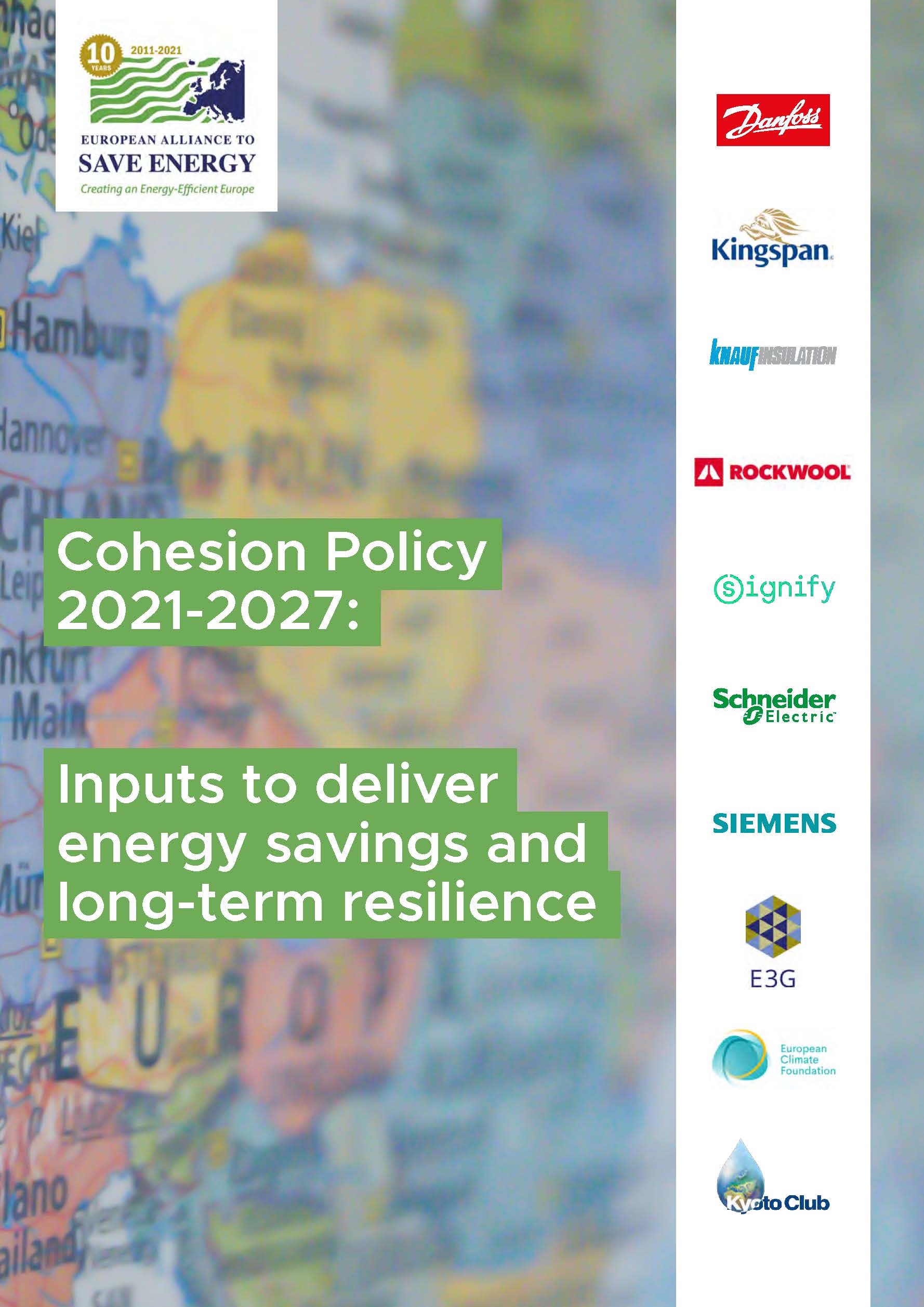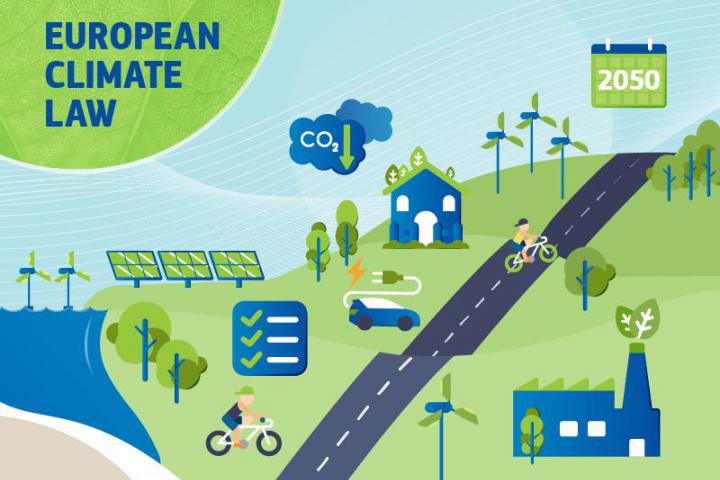REPowerEU: EU-ASE welcomes increase of energy efficiency and renewables targets

Today, the European Commission presented its REPowerEU plan, containing measures promoting energy savings to help the EU phase out imported fossil fuels from Russia as soon as possible, as well as a proposals to further increase the headline targets of the Energy Efficiency Directive and the Renewable Energy Directive by 2030.
The European Alliance to Save Energy strongly believes that the EU’s response to break the dependency from foreign fossil fuels and to the climate crisis must translate into a much more ambitious “Fit For 55” package, with a massive increase of our efforts to save energy and generate energy from renewable sources by the end of the decade. Energy efficiency and renewables are intertwined and are both critical to strengthen energy security while decarbonising the European economy in a socially just and affordable way.
We therefore welcome the Commission’s legal amendment to raise the EU’s 2030 targets for energy efficiency and renewable energy to 13% and 45% respectively.
“The proposal to raise the target in the Energy Efficiency Directive from at least 9% to at least 13% is a step in the right direction – commented Monica Frassoni, President of the European Alliance to Save Energy – and we appreciate the Commission’s effort to adjust its own proposed target to reflect the new political and economic context and soaring energy prices since the proposal came out in July 2021.”
The proposed legal amendment does not reflect the cost-effective potential of a 19% energy efficiency target, as proposed by the European Parliament rapporteur, MEP Niels Fuglsang. Implementing energy efficiency measures in all sectors is the first essential and rational action to foster the structural changes required to phase out fossil fuels and address both the energy and climate crisis.
“We are aware of the existing reserves and resistance in several member States, but we are convinced that only a clear and binding legislative framework, adequate resources and assistance can convince them to support this. Energy efficiency is an essential element of our energy security and decarbonization strategy. Now it is time to deliver, and energy efficiency measures offer a broad range of economic, environmental and social benefits for citizens and businesses” concluded Monica Frassoni.
The European Alliance to Save Energy has recently developed an inspiring catalogue of energy efficiency measures, many of them readily available and made in Europe, and stand ready to support the Institutions to deploy such measures and reduce gas consumption in Europe.
Media contact:
Antoan Montignier
Policy and Advocacy Advisor
antoan.montignier@euase.eu
+32 499 84 97 28
About us
The European Alliance to Save Energy (EU-ASE) is a cross-sectoral, business-led organisation that ensures that the voice of energy efficiency is heard across Europe. EU-ASE members have operations across the 27 Member States of the EU, employ over 340.000 people in Europe and have an aggregated annual turnover of €115 billion.



